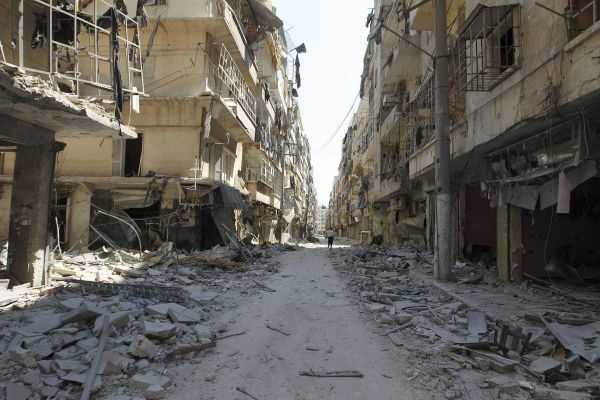Impunity
Ben Taub
We gaze in horror upon the recent photograph of Omran Daqneesh, the 5-year-old boy from Aleppo, seated passively on a chair, face caked with blood and dirt. And then we move on. “The Syrian war has become a conflict in which war crimes carry no consequences—present or, seemingly, future—and in which their perpetration has been normalized as a part of military strategy, rather than being seen as an aberration,” writes grantee Ben Taub. “The prevailing climate of impunity has emboldened other governments to carry out atrocities in the pursuit of their objectives. In Yemen, Saudi jets seem to have adopted Assad’s policy of blowing up hospitals.”
This Can Save Your Life
Amy Maxmen
Grantee Amy Maxmen looks at why women in South Africa are refusing to use new products that could protect them against the spread of HIV/AIDS.
Rethinking Terrorists
Elisabeth Zerofsky
France is understandably worried about homegrown terrorists. Grantee Elisabeth Zerofsky visits the country’s new Center for Prevention, Integration and Citizenship—an experimental attempt to de-radicalize extremists.
